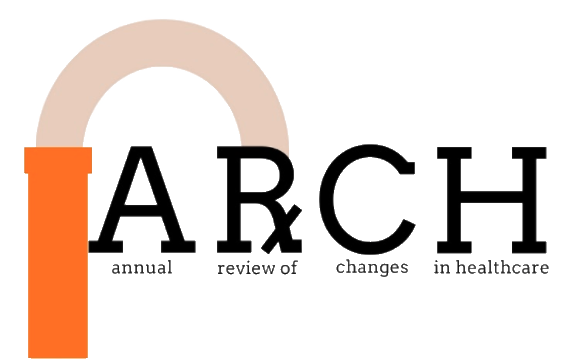Benefits and Risk of Aspirin as Primary Prevention of Cardiovascular Disease
|
Grant Morgan & Thomas Brown
|
Abstract
The use of aspirin for primary prevention has been a long-debated topic in healthcare. Up to 20% of the United States population takes aspirin daily or every other day with or without a recommendation from a physician. Aspirin has a well-established role in the secondary prevention of cardiovascular disease. However, in the setting of primary prevention, clinicians should balance the potential cardiovascular events prevented with the risk of major bleeding and should be a decision that providers make on an individual basis. The goal of this review article is to summarize and analyze the results of recent studies testing the use of daily low-dose aspirin in the setting of primary prevention.
Recently, new studies have tested the outcomes of aspirin as primary prevention and have added new information to the topic. The ASCEND trial, ARRIVE trial, and ASPREE trial each tested aspirin as primary prevention in a specific risk factor group. The groups studied were for cardiovascular disease including diabetes, high-risk, and elderly patients respectively. In the ARRIVE and ASPREE trials, patients taking daily low-dose aspirin did not differ significantly from placebo in the prevention of composite cardiovascular events but did have a significant increase in bleeding events. In the ASCEND trial a significant reduction in cardiovascular events among diabetes patients was offset by a significant increase in major bleeding.
The role of aspirin in primary prevention should be reevaluated based on the results of these new trials. The 2019 American Heart Association/American College of Cardiology Guideline on the Primary Prevention of Cardiovascular Disease recommends that low-dose aspirin may be considered for primary prevention of cardiovascular disease in adults 40 to 70 years of age who are at higher ASCVD risk but not at increased bleeding. It is also now recommended that low-dose aspirin not be given on a routine basis for the primary prevention of ASCVD among adults >70 years of age. Further studies should evaluate the use of daily low dose aspirin in different high- risk groups and groups without access to primary care.
Recently, new studies have tested the outcomes of aspirin as primary prevention and have added new information to the topic. The ASCEND trial, ARRIVE trial, and ASPREE trial each tested aspirin as primary prevention in a specific risk factor group. The groups studied were for cardiovascular disease including diabetes, high-risk, and elderly patients respectively. In the ARRIVE and ASPREE trials, patients taking daily low-dose aspirin did not differ significantly from placebo in the prevention of composite cardiovascular events but did have a significant increase in bleeding events. In the ASCEND trial a significant reduction in cardiovascular events among diabetes patients was offset by a significant increase in major bleeding.
The role of aspirin in primary prevention should be reevaluated based on the results of these new trials. The 2019 American Heart Association/American College of Cardiology Guideline on the Primary Prevention of Cardiovascular Disease recommends that low-dose aspirin may be considered for primary prevention of cardiovascular disease in adults 40 to 70 years of age who are at higher ASCVD risk but not at increased bleeding. It is also now recommended that low-dose aspirin not be given on a routine basis for the primary prevention of ASCVD among adults >70 years of age. Further studies should evaluate the use of daily low dose aspirin in different high- risk groups and groups without access to primary care.
Full Text
| Vol3Article7.pdf | |
| File Size: | 292 kb |
| File Type: | |



